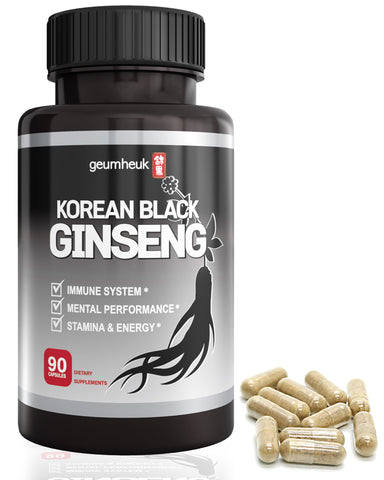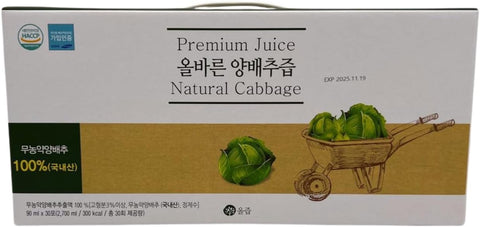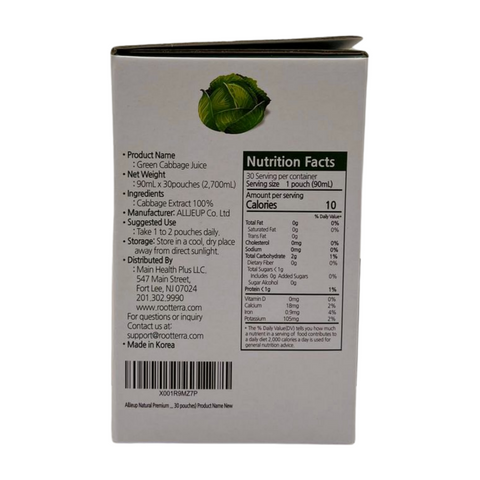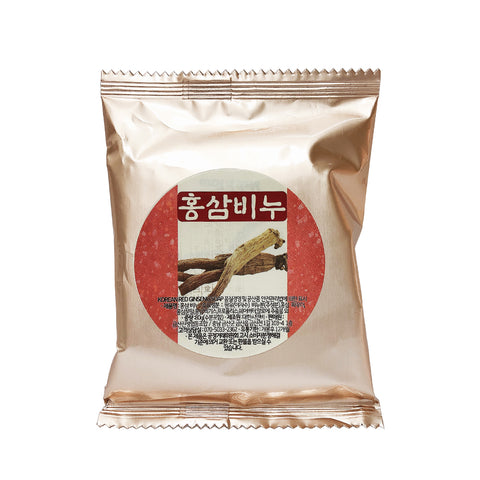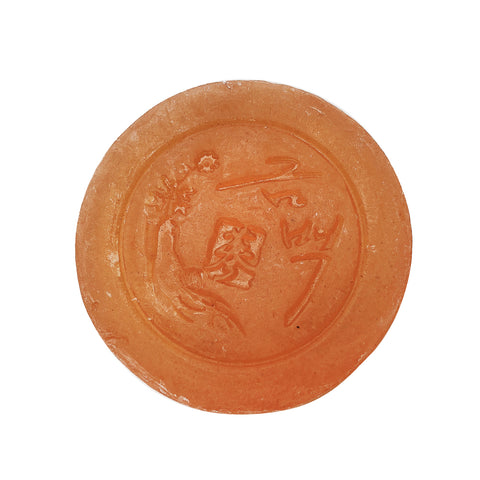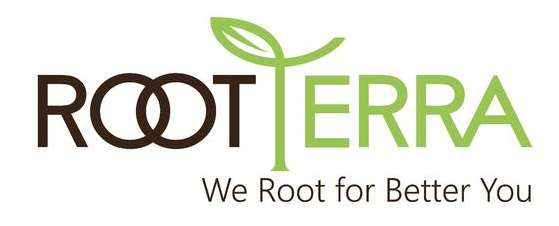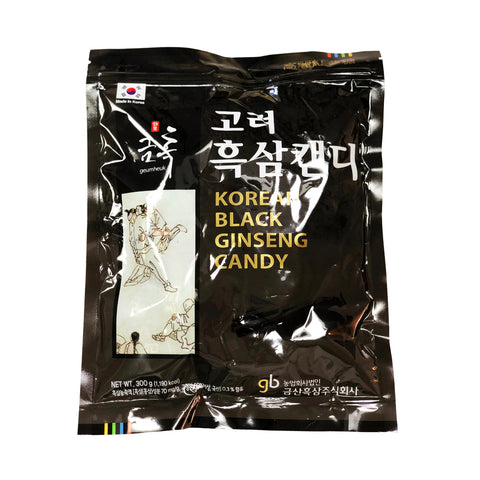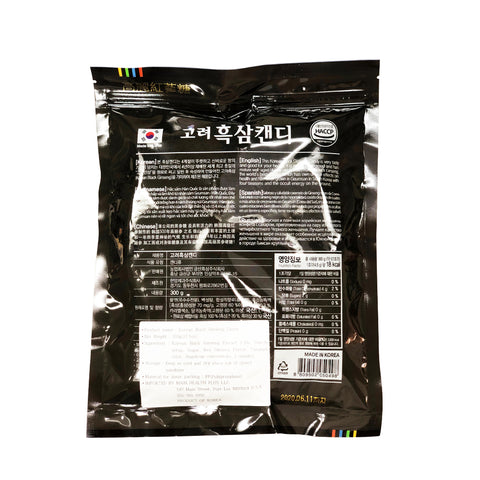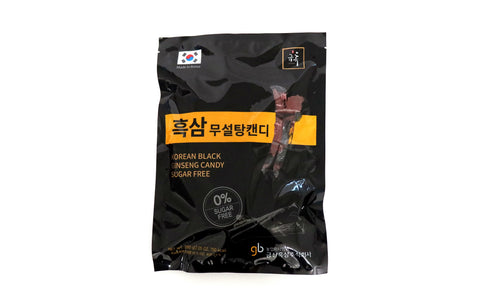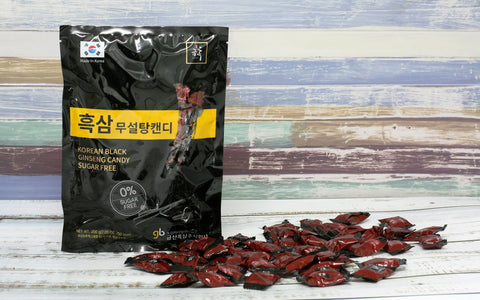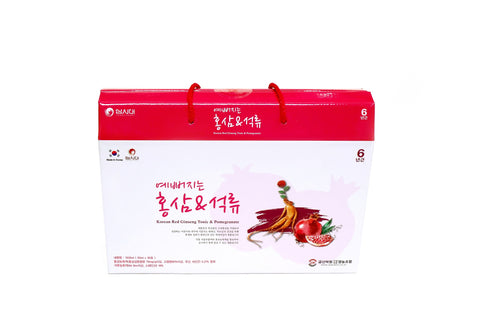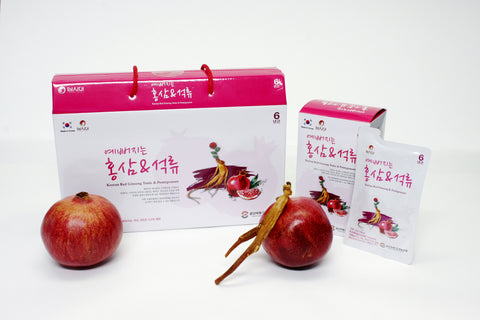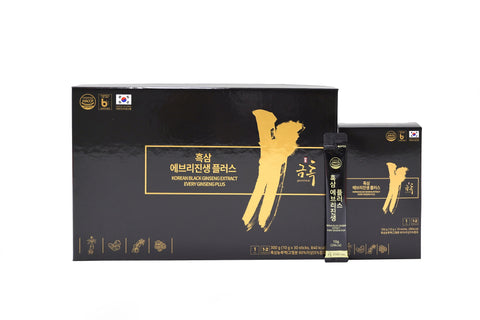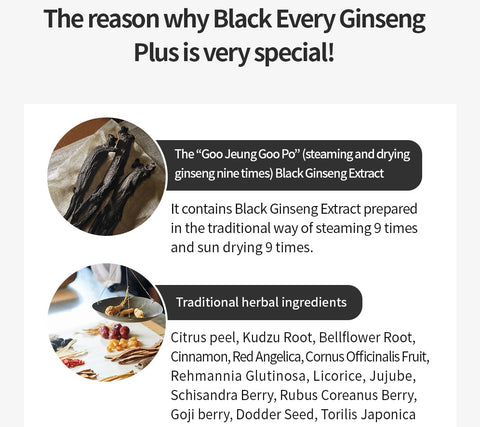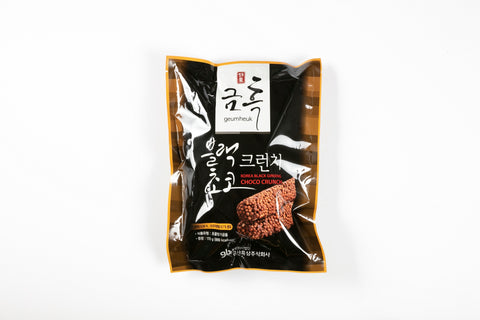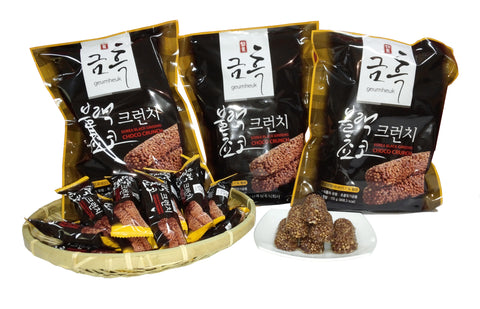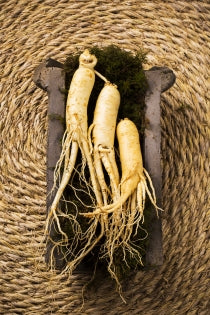Korean ginseng energizing the literary activities of Rousseau and Gorky
Ginseng did not become popular in the west but was exchanged as a treasure of the Orient among the upper classes. A ginseng-related episode involving philosopher and writer Rousseau (1716-1778) suggests how precious ginseng was at that time.
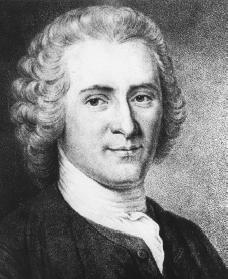 The great Russian writer Maxim Gorky (1808-1936) reportedly liked eating ginseng very much. Right after Gorky’s death, novelist Zamyatin, who was close to Gorky, wrote a commentary on Gorky’s works in Paris, France, where, after being branded a dissident by the Russian authorities, he obtained asylum in 1932 with the help of Gorky.Rousseau was active when the missionary Jartoux introduced Oriental ginseng to his country, leading it to be known as a mysterious herb among the upper classes in Europe. Rousseau’s disciple and literary man Bernardin de Saint-Pierre brought a bag of coffee beans in 1772 from Bluebon Island and sent it to Rousseau as a present. Bluebon coffee was a very precious present at that time. The modest Rousseau tried to return the present to his disciple because he did not want to accept such an expensive present. St. Pierre then proposed to Rousseau that he give him a present in return instead of returning the coffee that he had given him. Rousseau sent one root of ginseng to St. Pierre in return for the present. This shows that the mysterious Oriental ginseng was precious enough to match the value of St. Pierre’s expensive Bluebon coffee present.
The great Russian writer Maxim Gorky (1808-1936) reportedly liked eating ginseng very much. Right after Gorky’s death, novelist Zamyatin, who was close to Gorky, wrote a commentary on Gorky’s works in Paris, France, where, after being branded a dissident by the Russian authorities, he obtained asylum in 1932 with the help of Gorky.Rousseau was active when the missionary Jartoux introduced Oriental ginseng to his country, leading it to be known as a mysterious herb among the upper classes in Europe. Rousseau’s disciple and literary man Bernardin de Saint-Pierre brought a bag of coffee beans in 1772 from Bluebon Island and sent it to Rousseau as a present. Bluebon coffee was a very precious present at that time. The modest Rousseau tried to return the present to his disciple because he did not want to accept such an expensive present. St. Pierre then proposed to Rousseau that he give him a present in return instead of returning the coffee that he had given him. Rousseau sent one root of ginseng to St. Pierre in return for the present. This shows that the mysterious Oriental ginseng was precious enough to match the value of St. Pierre’s expensive Bluebon coffee present.
Zamyatin wondered about Gorky’s literary passion and mentioned an episode involving Gorky and ginseng. Zamyatin wondered how Gorky, a chain smoker who was suffering from tuberculosis, could write major literary works, sleeping for only a few hours a day. He wondered what the source of his energy was. Gorky took Zamyatin to his dining room in the basement, where he showed him a jar of ginseng juice. Gorky explained, “This is ginseng, which was sent to me from Manchuria by a person who respects me. I drink it regularly.”
Article quoted from Ministry for Food, Agriculture, Forestry and Fisheries (MIFAFF) of Korea’s “Korean Ginseng: The Divine Wonder Medicine”
